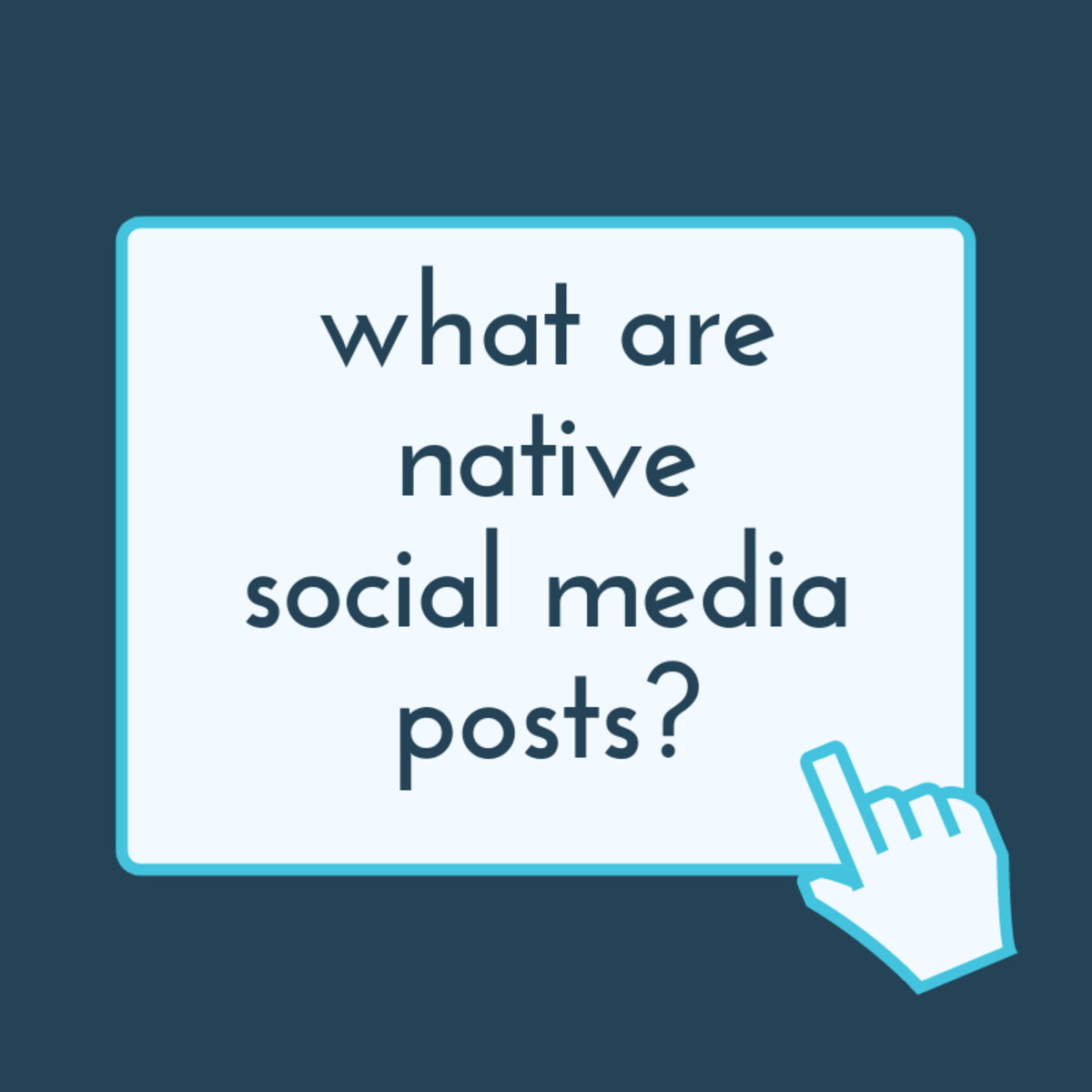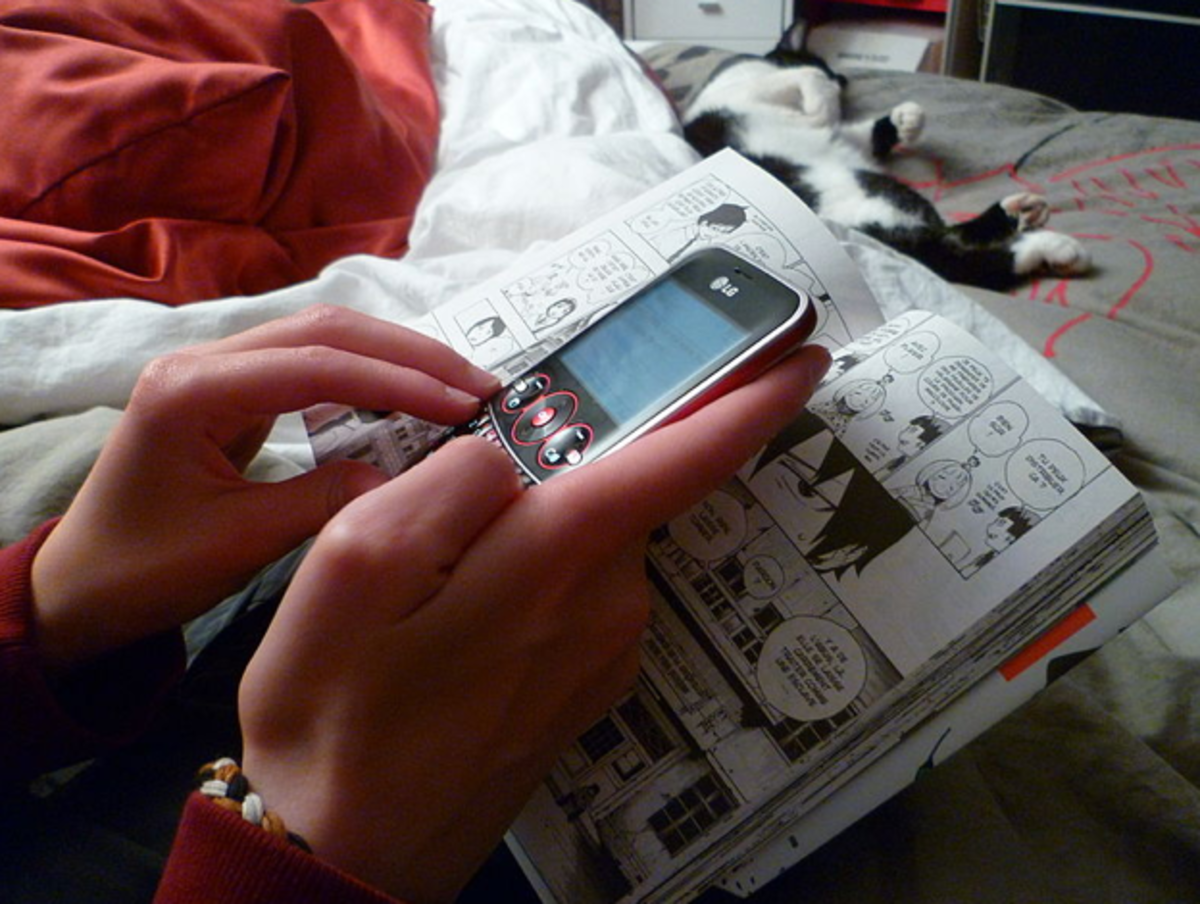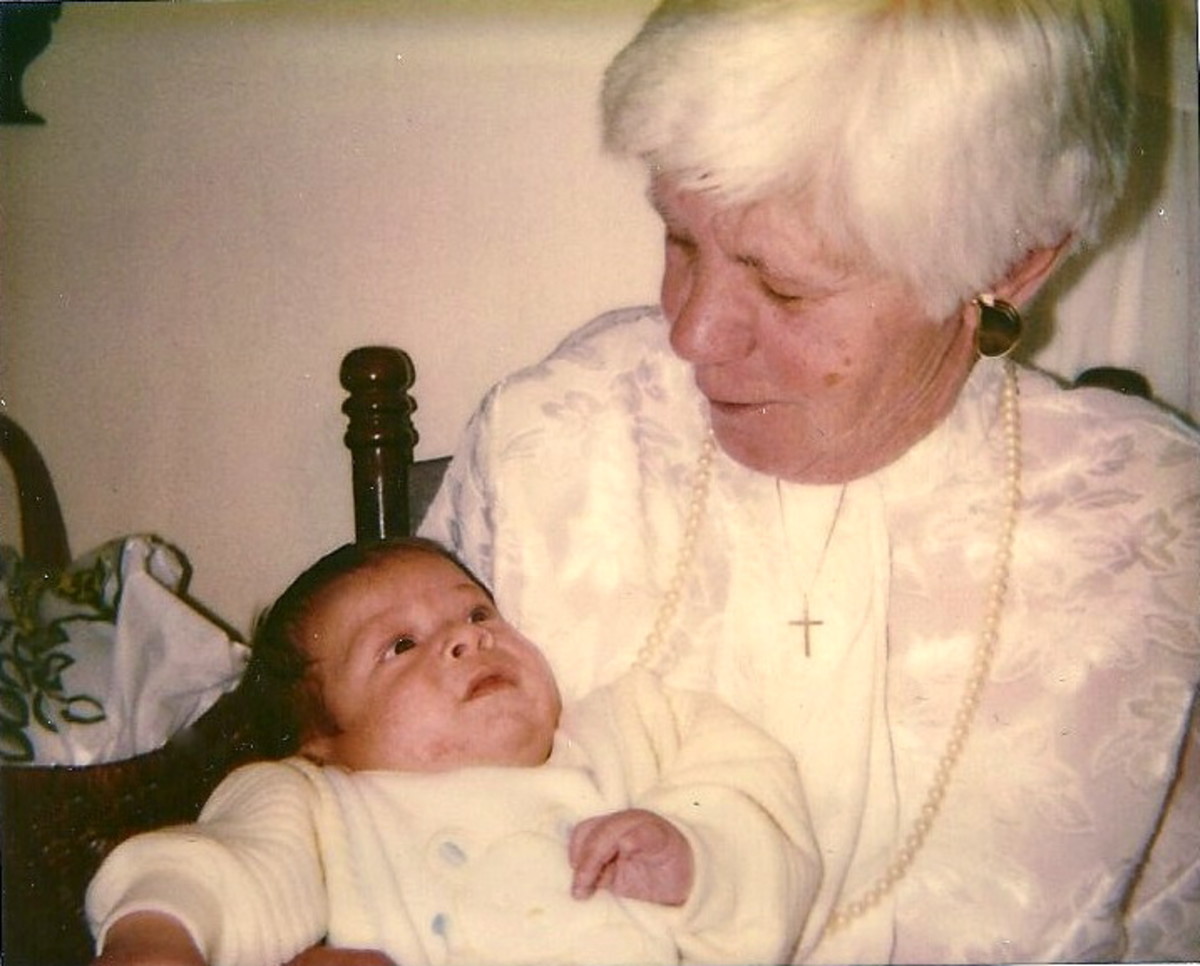Tweens and Social Media: A Dangerous Combination
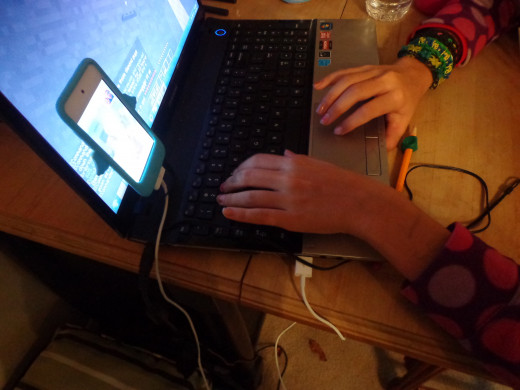
Social Media Child Safety: Parent Check List
- Check to see what aps your child has on their devices
- Monitor contact lists
- Check texts frequently
- Limit social media usage to common areas of the house
- Be aware of all social media applications your child uses
- Consider banning Facebook and ooVoo usage in the tween years
- Teach your child about meanness, cyber-responsibility and look out for signs of bullying

Real Life Story
Here is an example of drama that can occur as a result of Instagram usage among tweens. There was a party planned among a group of friends in a sixth grade class. One girl was purposely left uninvited, and the party was intentioned to be "kept quiet." However one guest decided to take pictures of the party, the fun they were having and who was there. She posted the photos on Instagram, so the left out child would see what she was missing.
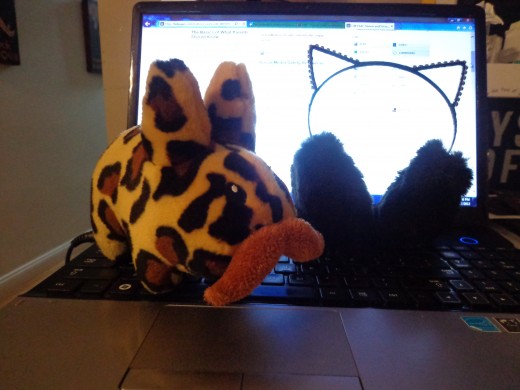
The Basics of What Parents Should Know
In many cases these days, our children are more technologically in touch than we are as 40-something parents. It is very easy to turn a blind eye to the fact that we need to have more than a vague awareness of what our children are doing in regards to their social media activity - especially when life is beyond hectic. This article is specific to tweens (and perhaps more specifically tween girls) because I feel, they are especially susceptible to dangerous situations given their lack of experience and nature of drama. Social media sites and capabilities can become a breeding ground for poor practice and in effect, to exposure to dangers, from unneeded social stresses to bullying to even stalking if children are left to their own devices, no pun intended. Below is listed the minimum that you need to know concerning some popular technologic capabilities that kids are using today. Remember that children can opt into many of these technologic "playgrounds" without their parents even knowing.
Phones, Smart Phones and Unmonitored Access to Wi-Fi
Our children, ages 10-13 or under, shouldn't have unbridled access to phone usage or 24 hour Wi-Fi when they are unsupervised by an adult (in their bedrooms, for example) or when they are alone with a group of peers. They have access to programmed phone numbers for as many acquaintances they wish to accumulate, which can be a lot when exposed to a middle school environment. Such freedom makes available communications including talking, texting and FaceTiming effortless, as well as allows absolutely anything on the internet to literally be at their fingertips. Clearly, not a good thing, especially when you add to it all the drama, insecurity and innocence that comes with being a tween. If your child has a smartphone (or iPod touch or iPad), it is a good idea to check what aps they have and make sure they only use their device in a public setting (such as at the kitchen table), or only as a means of keeping in touch with you when they are on social, sports-related or school outings. Let your children know that if they have this technology, they will be subject to random checking (from you) of aps, photos, etc. This can go far in putting a limit to trouble that can occur just by being curious or overzealous; two things tweens commonly are. In my opinion, a regular phone without Wi-Fi probably serves them well enough for now, as sources like 4 Dangers Posed by Smartphones on Kids at howtolearn.com suggest.
Texting Requires Monitoring
Texting is hard to control when your child has a phone or other text-receiving device. If they do, you should definitely check texts. It can actually serve as a tool insofar as knowing what is going on, but you may be surprised to find what things have been written to your child, and what things they have written, as further pinioned in the article Texting: The New Way for Kids to Be Rude at empoweringparents.com. Parents need to monitor bullying, and meanness and they need to realize that their children can absolutely become involved in such things at a young age without even really knowing the effects such activity can produce - or without even realizing that they are being drawn into involvement in such practices. Checking texts can also alert parents to the existence of a situation where someone may be bullying their child, allowing early intervention.
Group Texting / Video Chats Can Create Stressful Situations for Tweens
Group (phone) texting is a topic which I feel warrants a section of its own. Contacts of your children can put them on group chats without their consent. This means that many people are added to a texting conversation and each will begin receiving all the texts generated, becoming archived on all phones. This can be stressful for kids. There can be multiple kids talking about things, including talking about people (gossip), and it will come over on your child's phone every time someone has a comment, even if your daughter or son is not actively involved. This can include swearing and other negative behavior sometimes at a rate of 20+ messages per hour. Your child can get in trouble just being associated with a chat if it turns into any kind of bullying scenario. Help your child to deal with such situations. I urge you to ask your child if they have ever been in such a situation. You may be surprised with their answer. For more resources, Text Bullying at bullyingstatistics.org is a good read as well as beforeitsnews.com's article Effective & Handier Ways To Stop Cyberbullying Through Texting which provides tips for safe texting.
Facebook Allows Access to Your Child
It is my opinion that children at the tween age should not be on Facebook. Too many people have access to your child. They can friend anyone and anyone can see anything your child writes. Tween girls and boys just do not have the maturity or the savvy to know when a predator may be targeting them, or when they are disclosing or writing information that portrays them in a bad light. As well, they can unintentionally be giving out private information about your family, their whereabouts and your activity to people you don't necessarily want receiving it. The Dangers of Children on Facebook at modernmom.com and CBS News' 5 Hidden Dangers of Facebook elaborate.
Instagram Can Be Dangerous for Tween Age Kids
This free photo sharing ap, available for iPod touches, iPads or smartphones, is a main offender. Kids can open up Instagram accounts without their parents even knowing, and it is very easy to do as detailed in the article How to Use Instagram on Wikihow.com. If your daughter or son does not opt to set her or his account to private, anyone is free to view their photos and tags. Many times, kids opening accounts are too young to even fully understand this concept, or never think to check "private" in their profile settings. In this scenario, young tweens can post pictures of themselves doing anything and they can friend anyone who approaches them or who they decide they would want as a contact without parents having to approve. This can include friends of friends and people they have never met. People, pretending to be children that are not children, included. In every 100 contacts they do not know, statistics show at least 1 is a predator as further supported in articles like How Predators are Using Instagram and Why Your Child is at Risk at Shayleneking.com and Scary Statistics Show That Sex Offenders Are Taking Over Social Media at Digital Trends website. These individuals have free access to goad your child into a myriad of scenarios, such as posting further pictures of themselves. As well, because young girls are prone to drama, instagram can be used as a means of causing it. By posting pictures of gatherings, it is an easy way to hurt people that were not present's feelings.
FaceTiming and OoVoo Usage Requires Parental Attention
FaceTiming, as defined at About.com's article What is Facetime?, and ooVoo are video chat aps for smartphones or iPads/iPod touches or computers. It allows your child to be in a real time video conversation with any contact they have made on these accounts. While a very cool technology and one which can be used to facilitate visits with friends and long distance relatives, it must have some level of monitoring as well. As evidence, I give the following example. My daughter was talking to one of her friends on FaceTime and the next thing I knew, she was Facetiming with the girl's father, who I have never met. This capability was somewhat alarming to me, and can certainly be unsafe in a variety of situations. With regard to OoVoo, I find it particularly dangerous because other "kids," or just about anyone, can randomly contact your child with a friend request. If accepted, your child can visit with these people in effect, in real time and with video imaging. Their photos pop up on the screen whenever that person feels like talking with your child, and they can tell if your child is on their device at that moment. Under no circumstance should your child be left alone with this technology. Make sure you know all your child's contacts and when they are talking to them. In streetarticles.com's piece Should My Teen Be Using OoVoo for Video Calling?, it becomes obvious that OoVoo was not intended for use by younger children and in fact, in the terms of conditions for usage, it states that children under 13 are not permitted as subscribers.
Bottom Line: Communicate With Your Children About Technology
As a parent in today's world, it is imperative that you are in on the conversation with your kids about their technologic interactions. It is a different world in terms of technology, but it is still the same dangerous world of predators and meanness that it has always been. You, as an older member of society, need to take responsibility for all your child learns about respecting others and being kind, in person and on the Internet. Also, it is imperative that you have that discussion with your kids regarding the very real dangers of cyber-usage.
Dangers of Social Media, Fox 59 News
Prevention of Teen Suicide and Anti-Bullying Resources
If you suspect your tween may be a victim of cyber-bullying, or may be considering suicide, consult your pediatrician immediately. As well, the resources below may be of help to you as you assist your child in their struggle.
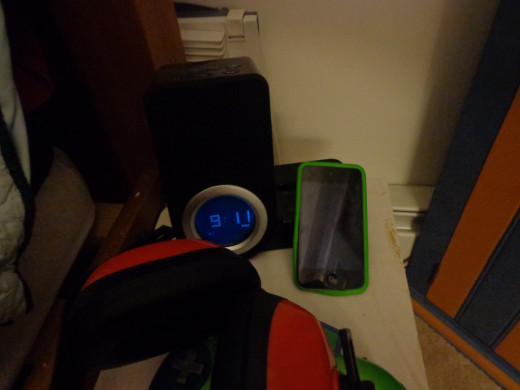
Further Reading on Social Media Safety
For further tips on Internet safety for children, check out the following resources:
-
Family Education's Taking About Internet Safety
-
ABC News's John WalshTalks Online Safety Tips for Parents and Their Families
-
The FBI's page, A Parent's Guide to Internet Safety detailing how to guard children against online sexual predators

